The number of Icelandic names topping CrossFit leaderboards is completely disproportionate when you consider the country has a population of just 360,000.
But the island consistently churns out world-class athletes such as Sara Sigmundsdottir, Bjorgvin Karl Gudmundsson, Annie Thorisdottir and Katrin Davidsdottir.
So here, Built for Athletes takes a look at some of the potential reasons why Iceland is so good at CrossFit.
Fitness Culture
Perhaps the most logical reason for there being so many strong athletes in Iceland is the widespread popularity of fitness in the general population.
Figures from statistical agency Eurostat published in 2017 showed that Icelanders exercise more than people in any other European country. Over 60 per cent of them meet the World Health Organisation’s recommendation of completing at least 150 hours of exercise per week compared to an average of 31 per cent across the whole continent.
Welsh CrossFitter Emma Lewis certainly thinks this plays a key role.
“I think their general attitude to their well-being is much more serious than in the UK where a lot of people's expendable income is spent on alcohol and socializing and [they] begrudge £30 gym memberships,” Lewis previously told the CrossFit Games official website. “The Icelanders think nothing of spending a lot of money to benefit their health.”
Genes
There’s a common theory that Icelanders get their strength from their Viking ancestors.
The Nordic people who settled on the island over 1,000 years ago are known for being tough, and low immigration rates mean many Icelanders descend from that group.
This could in part explain both their physical and mental capacity for suffering.
Climate
The cold, harsh, windy conditions in Iceland, particularly in the winter months, are character building according to those who live there.
It helps them develop a robust attitude to training which is a crucial component of their success according to Jami Tikkanen, Annie Thorisdottir’s coach.
“Icelanders are mentally very tough and expect a lot, not only from themselves, but also from their fellow athletes,” he has said previously. “I think their mindset is part nature - harsh climate makes for strong people - part nurture in their affiliates. There are no questions, no excuses, just work getting done.”


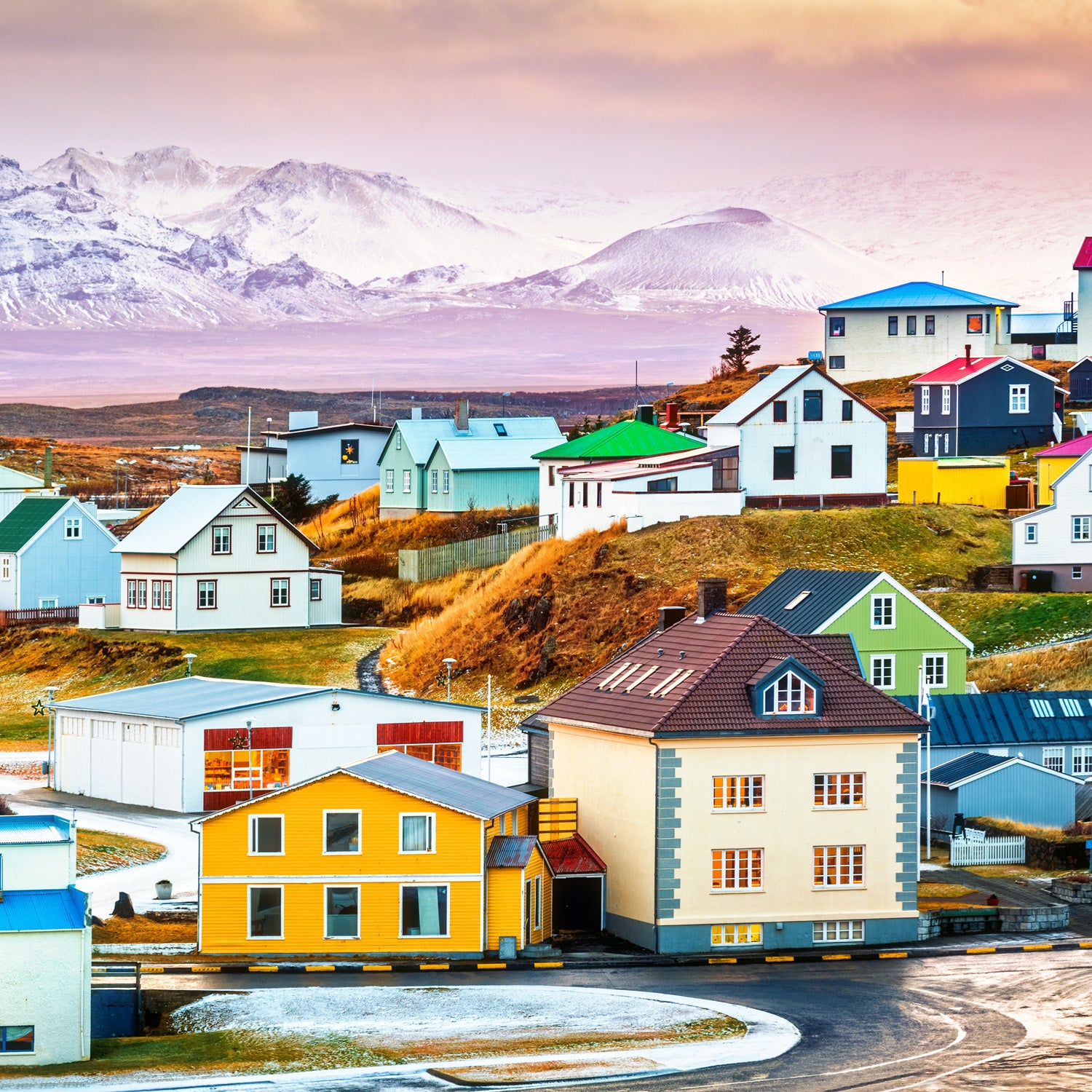

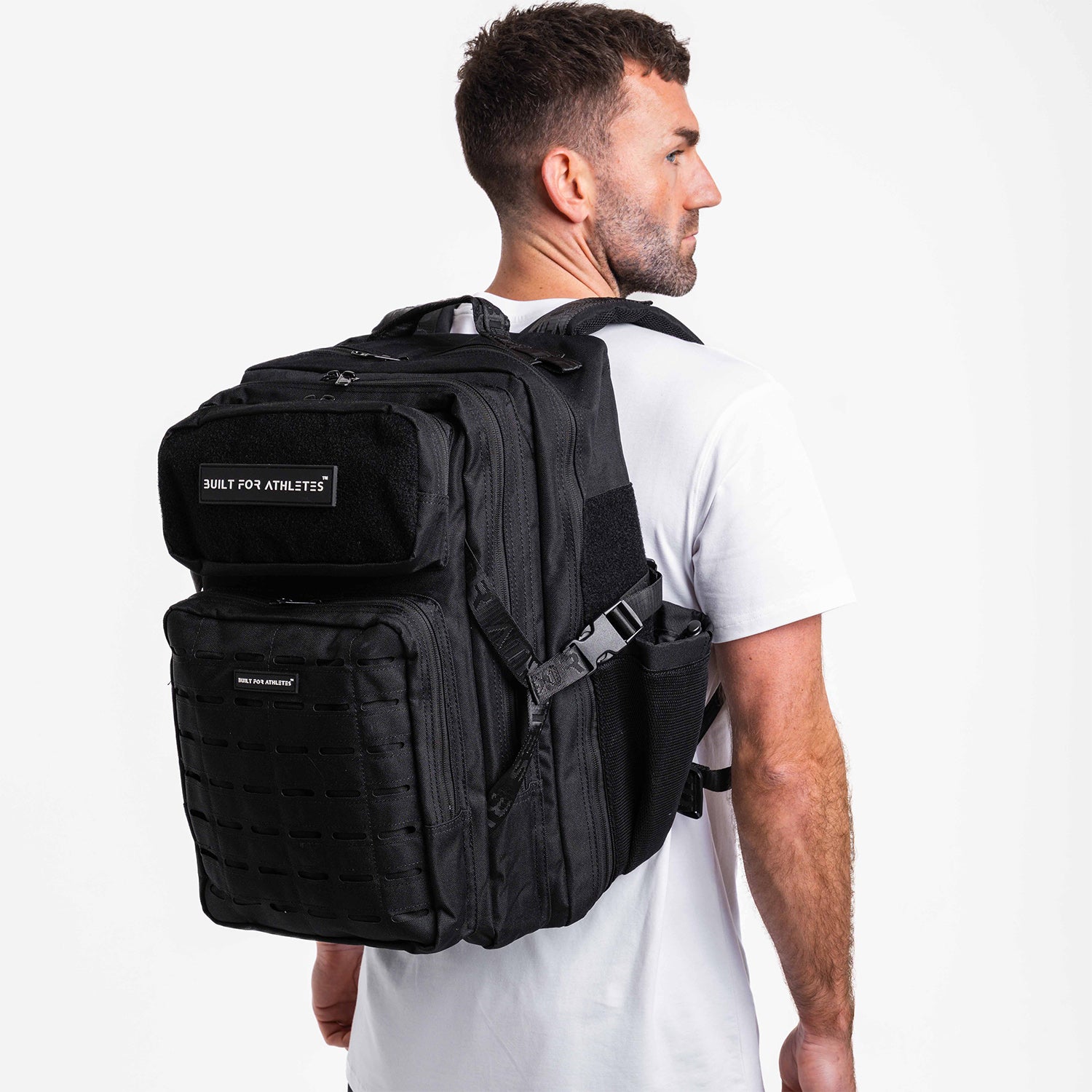
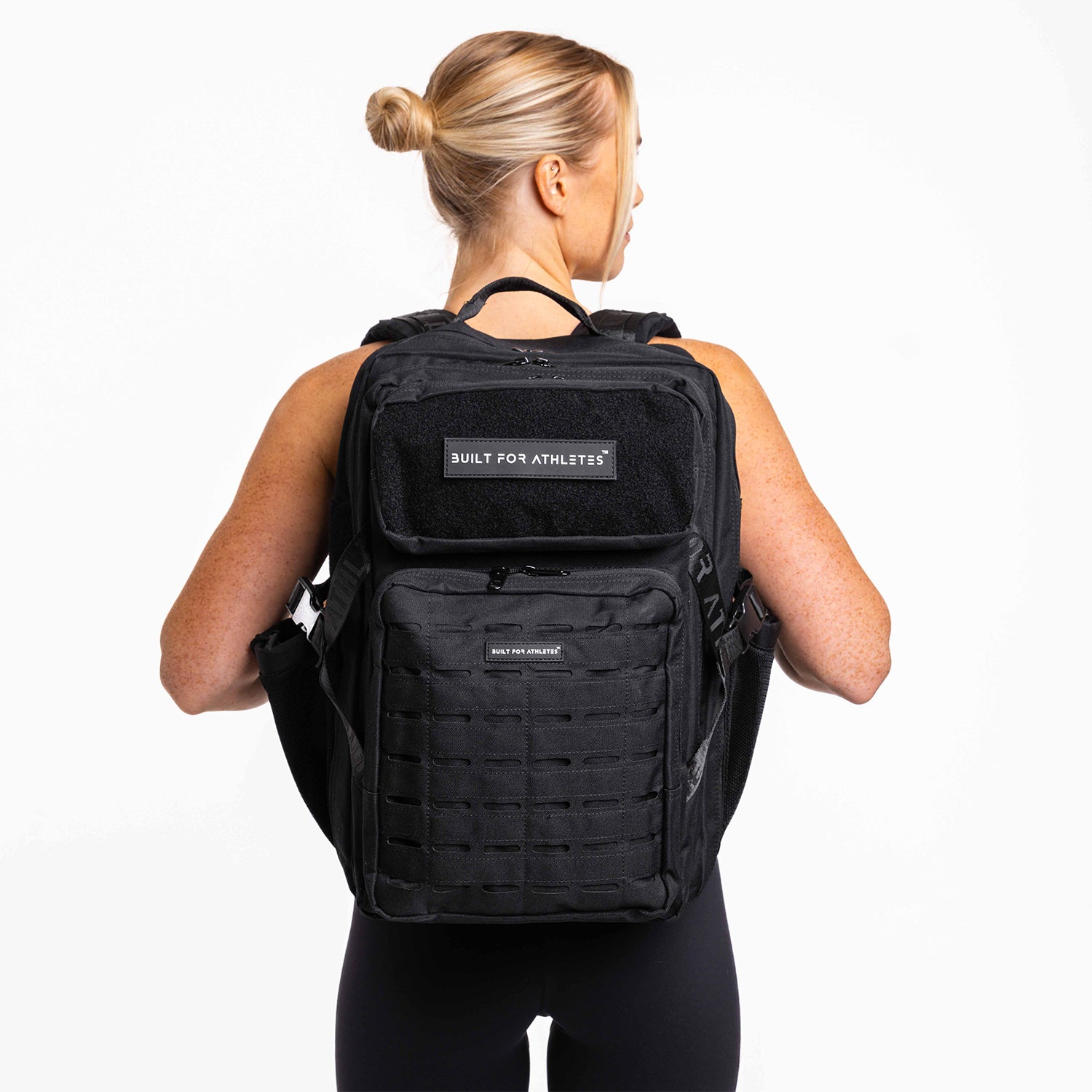
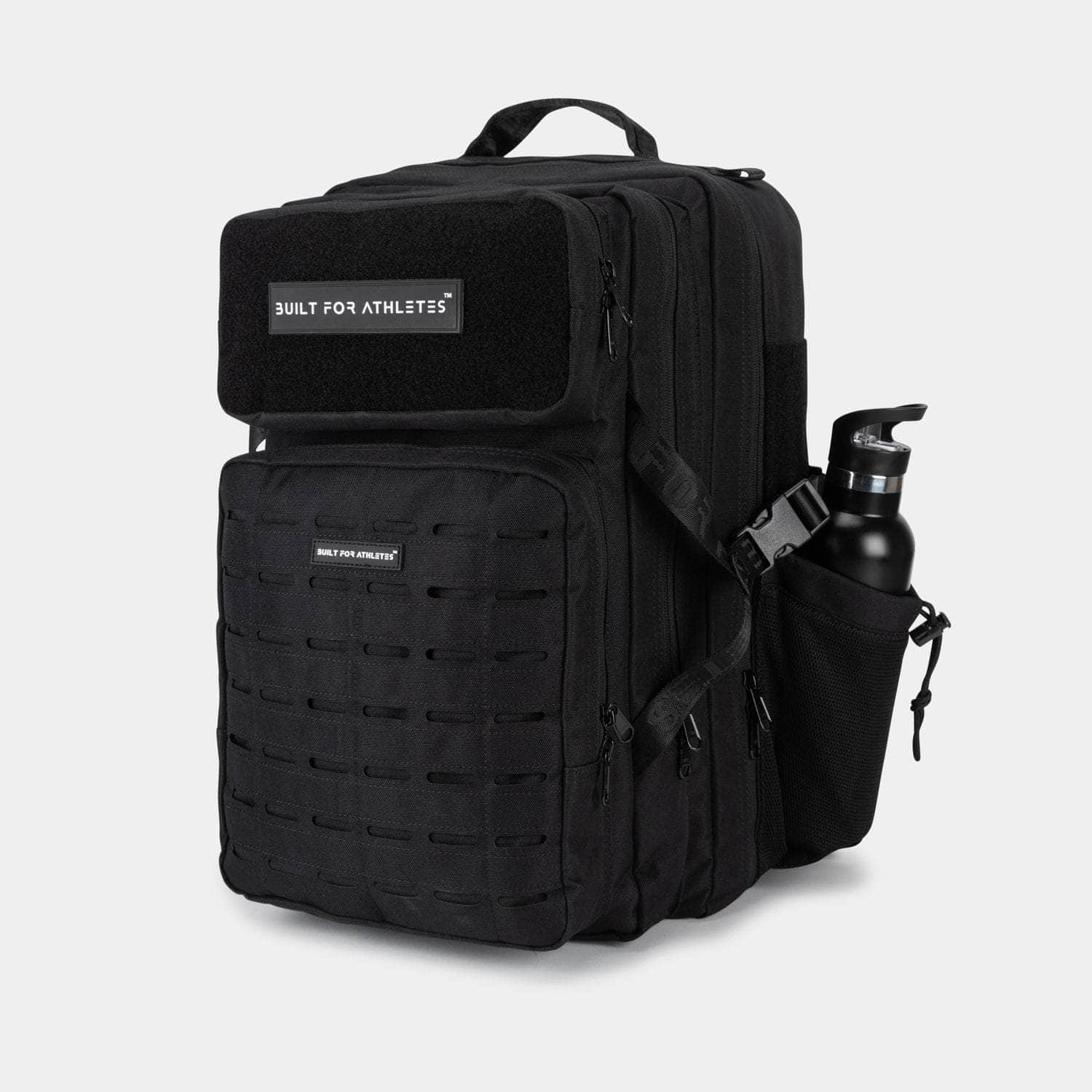





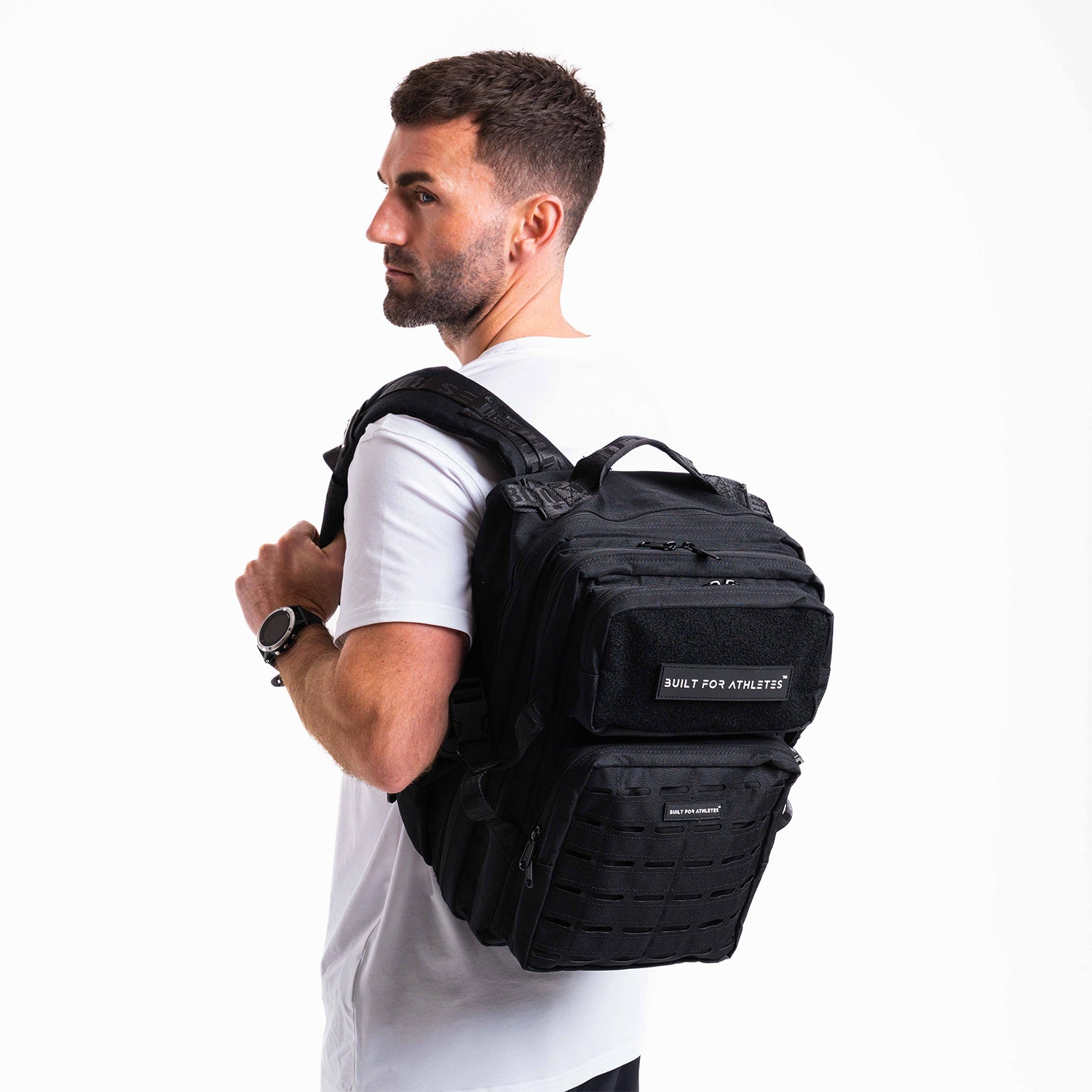
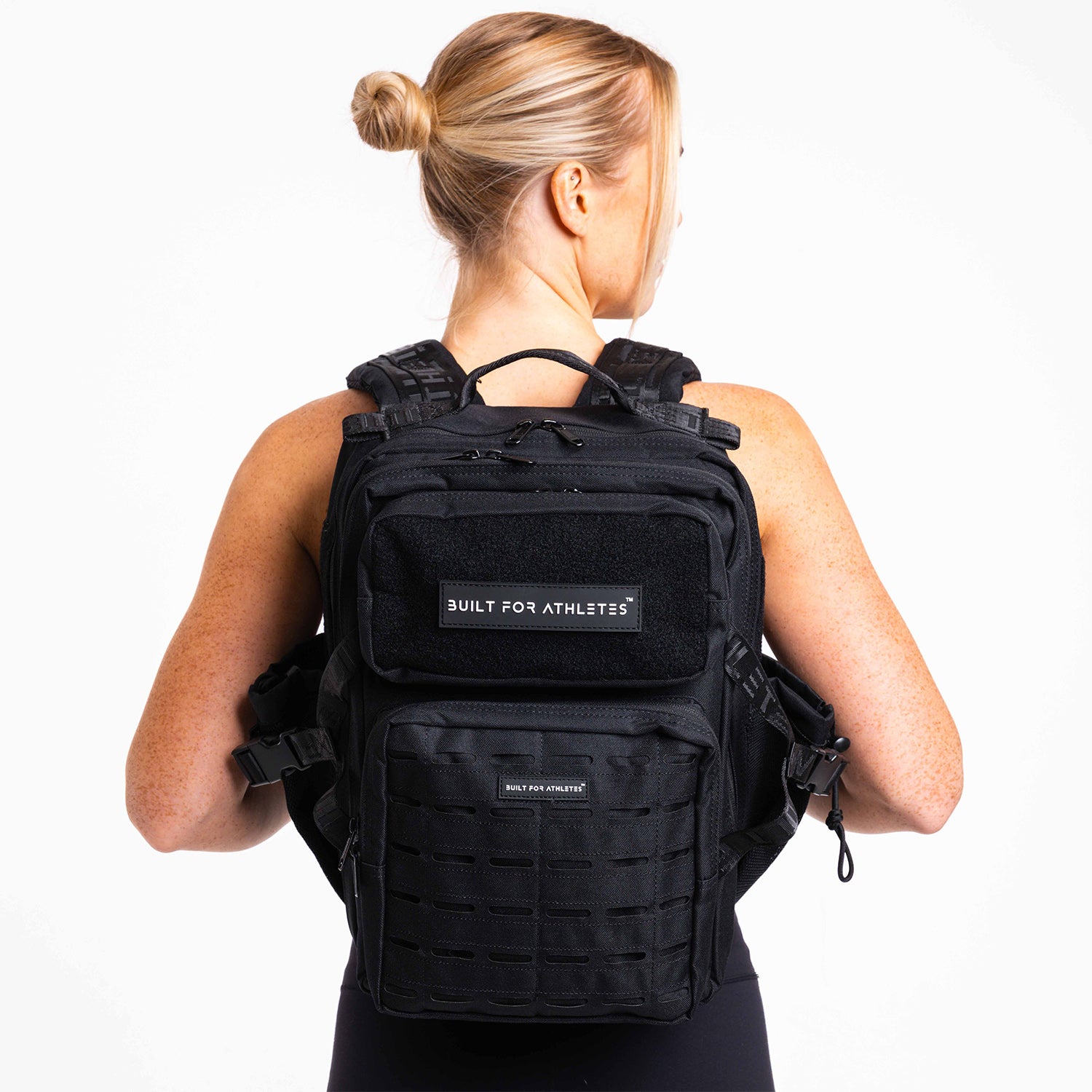
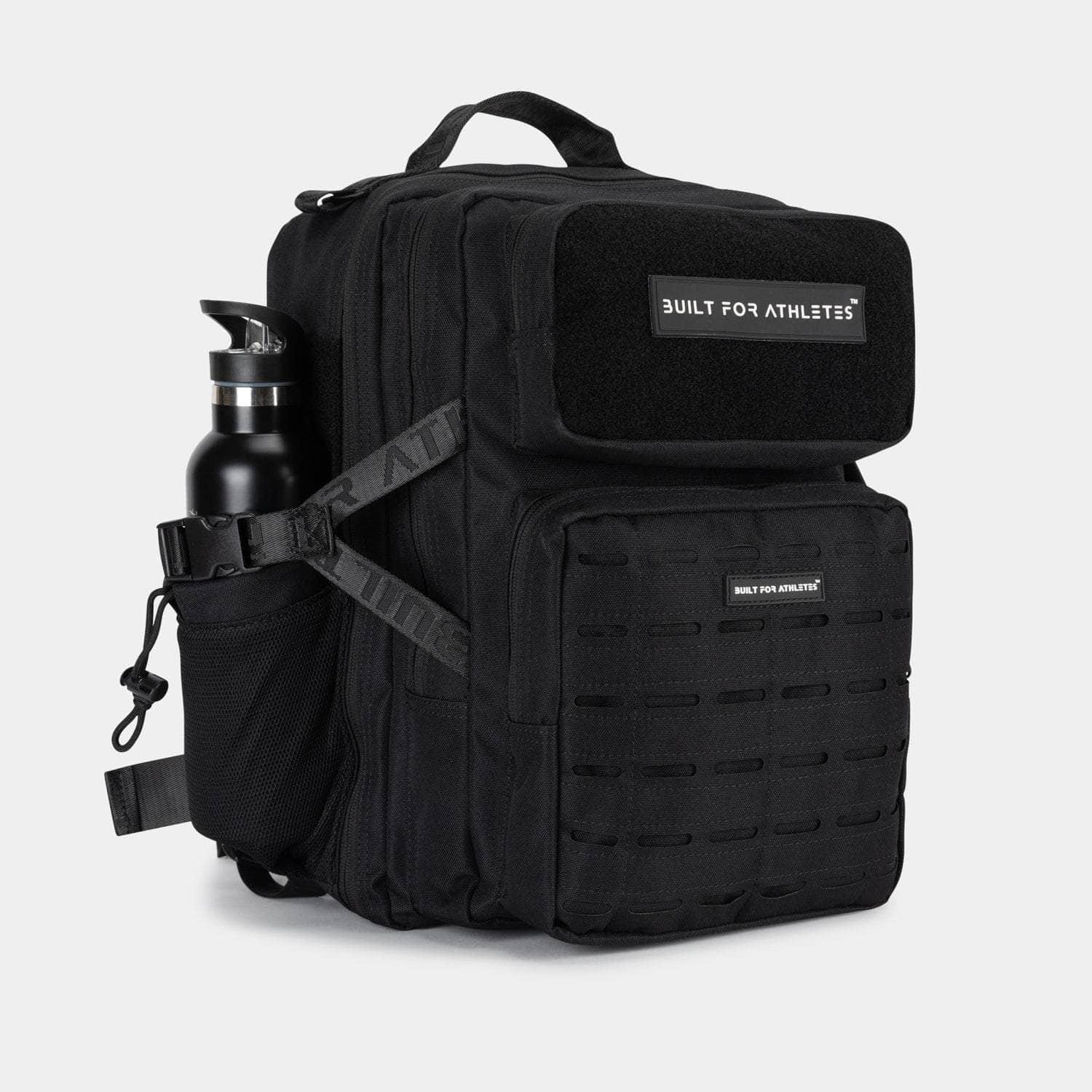




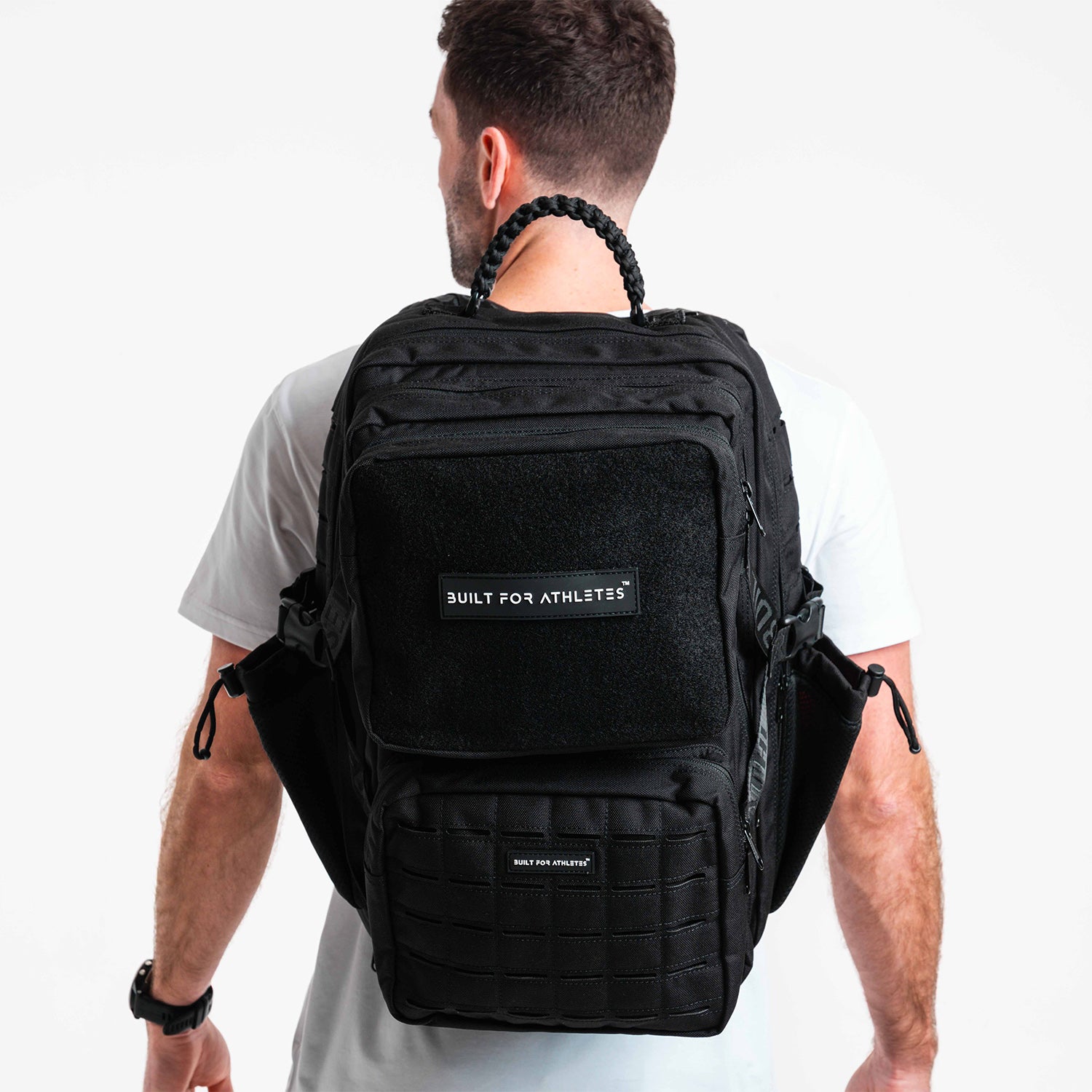
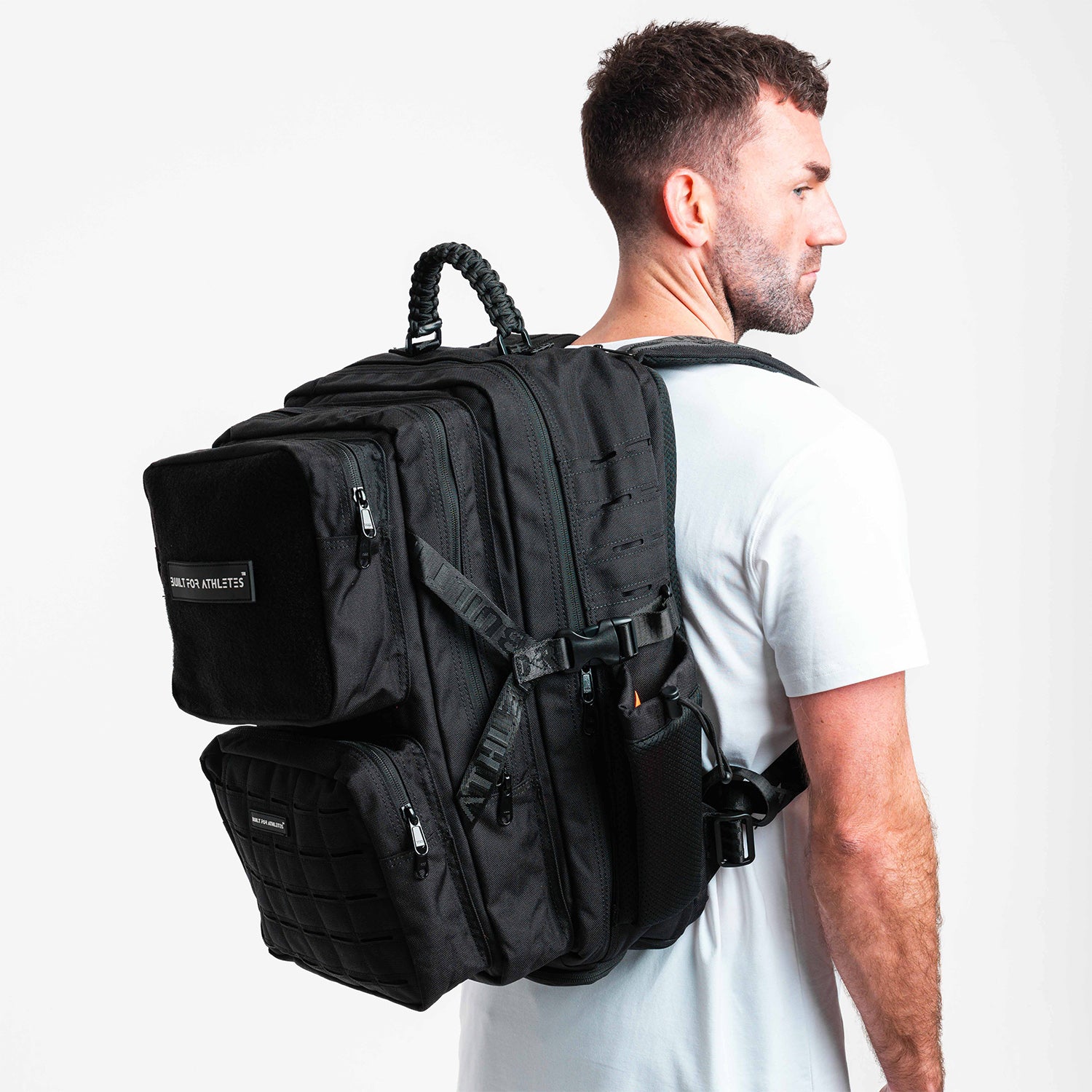
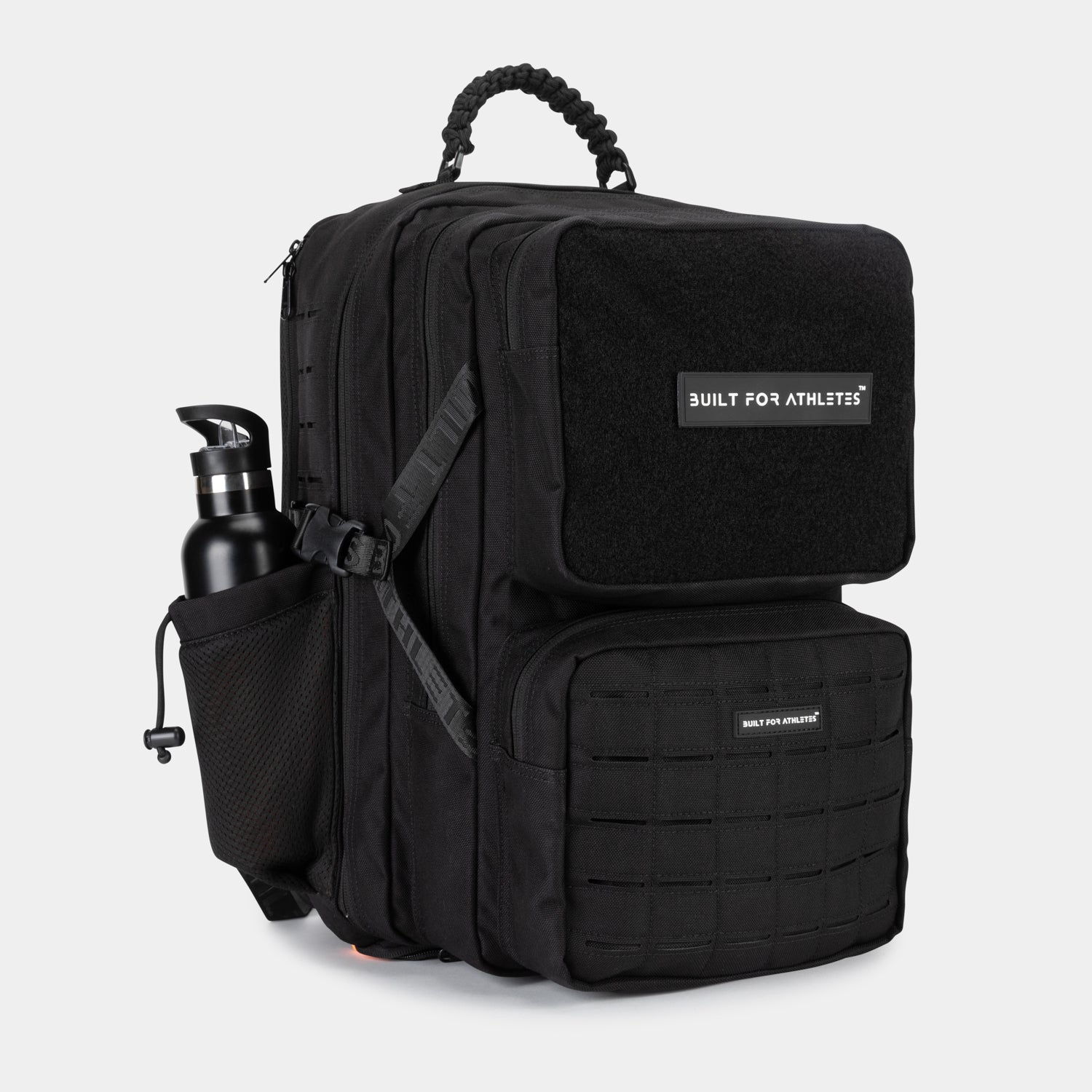






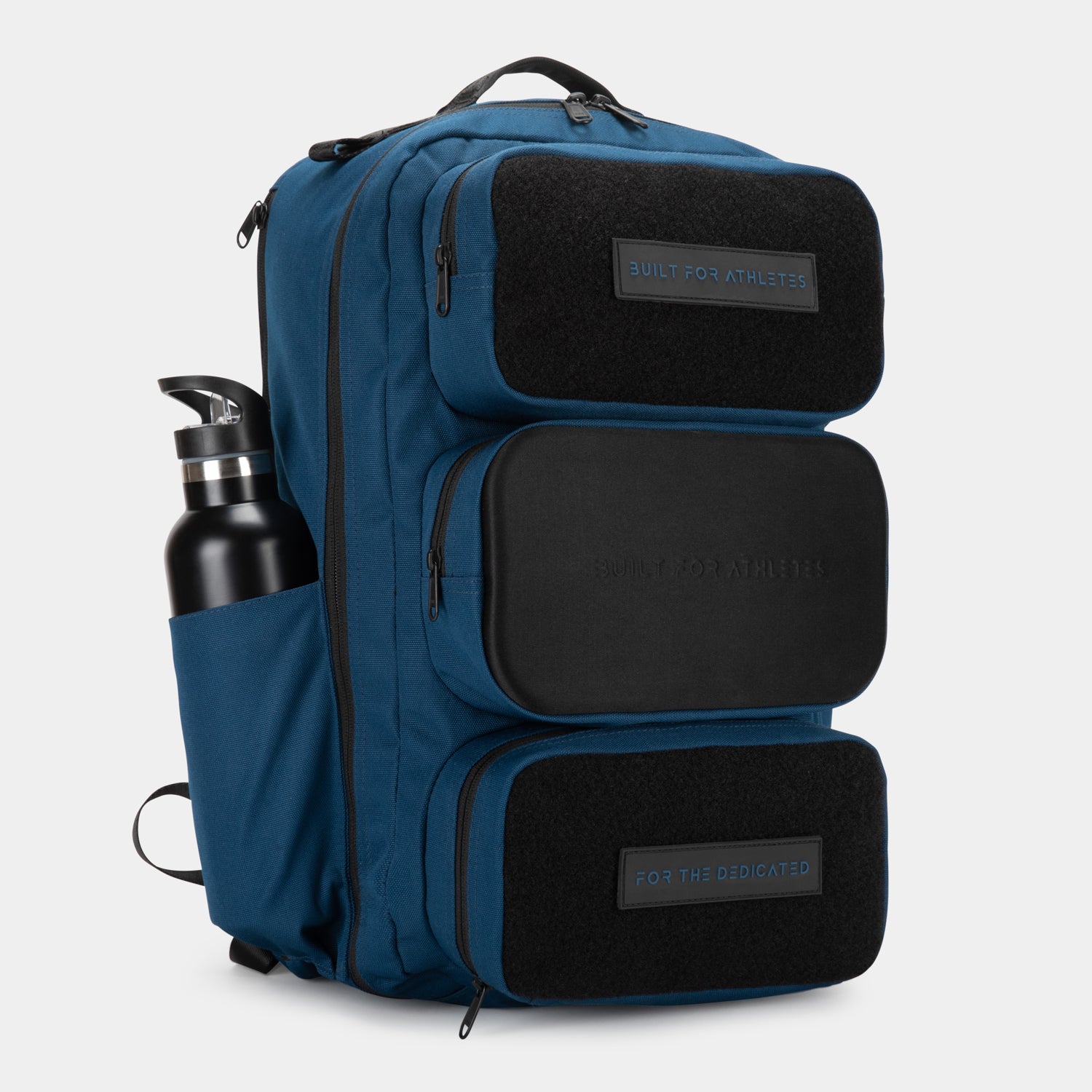
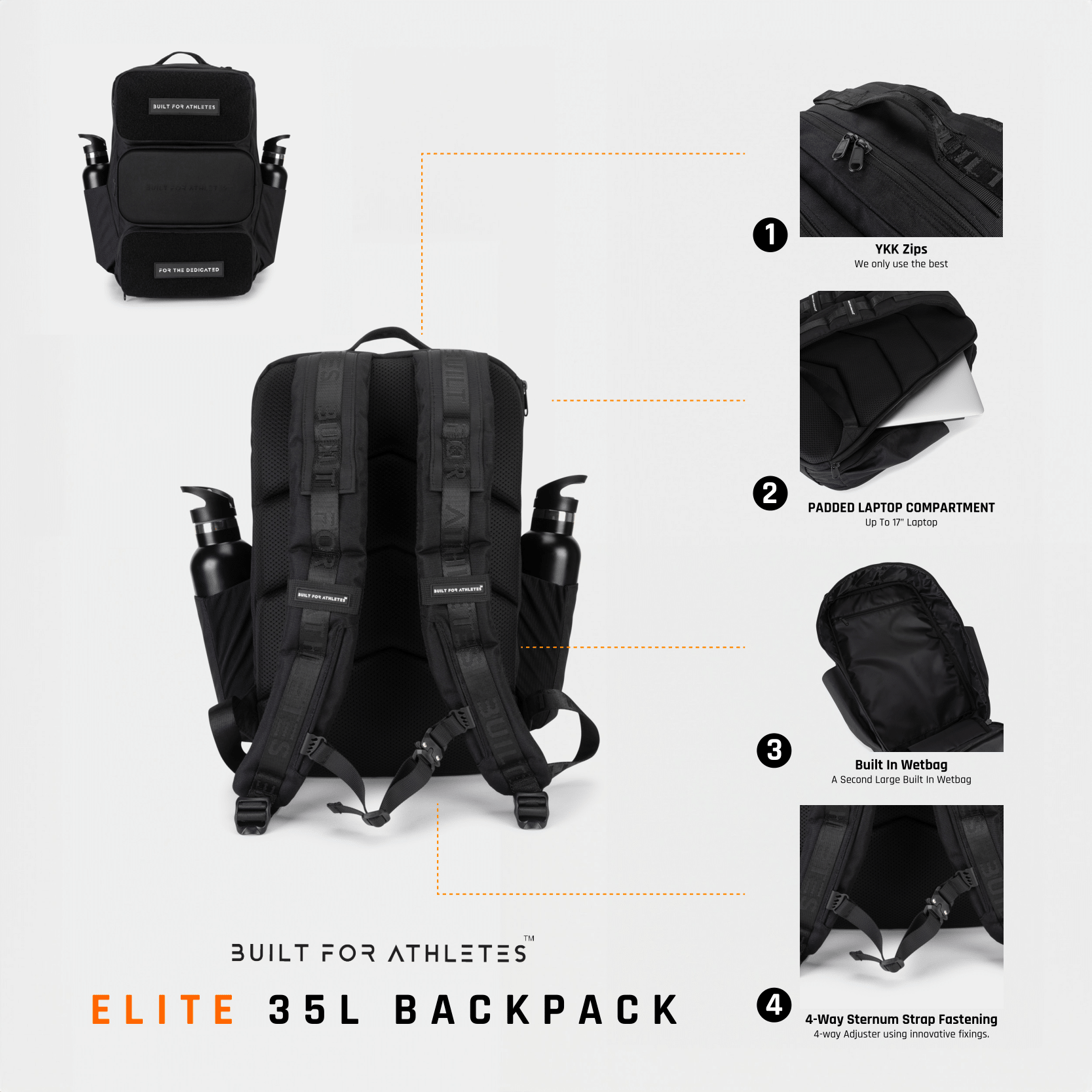
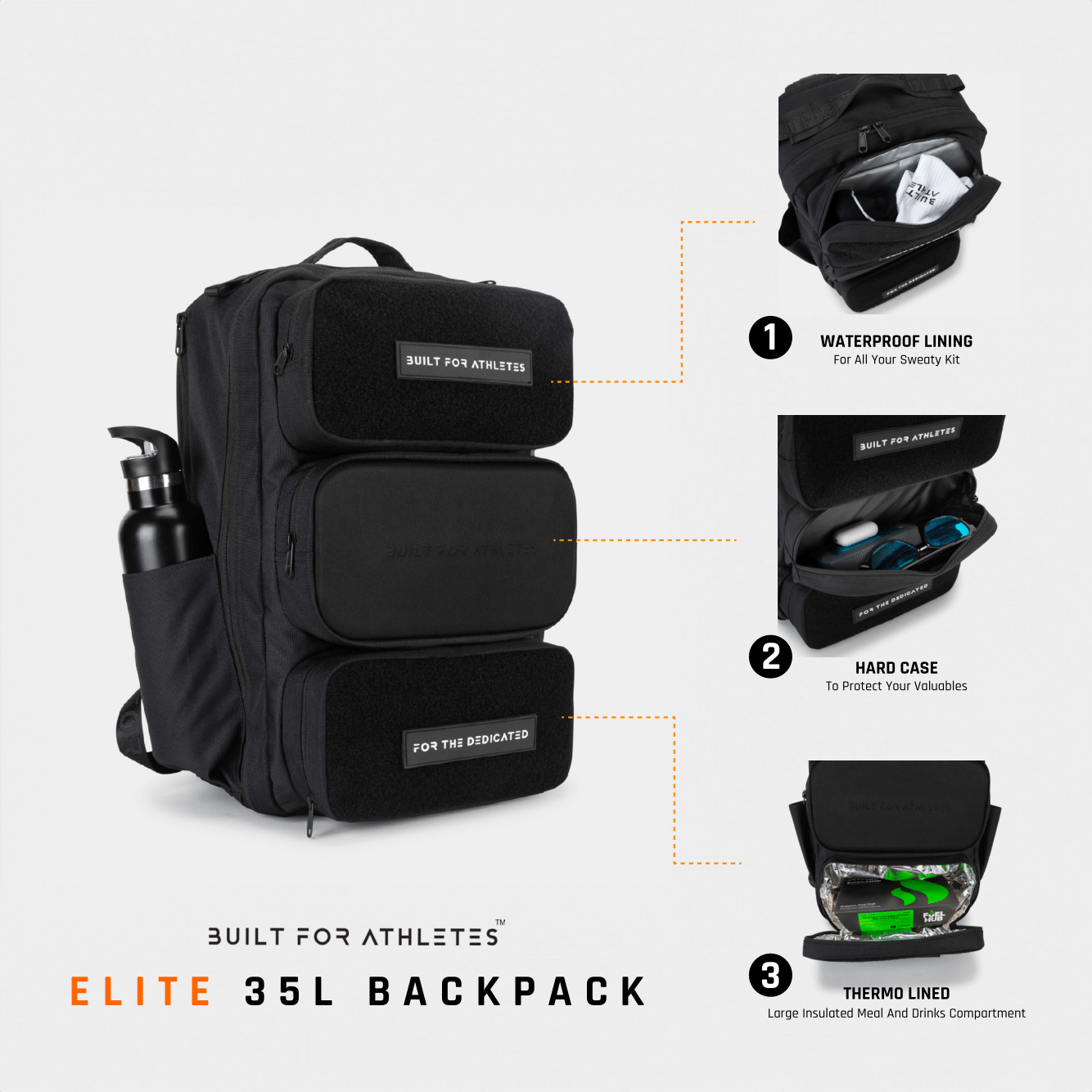





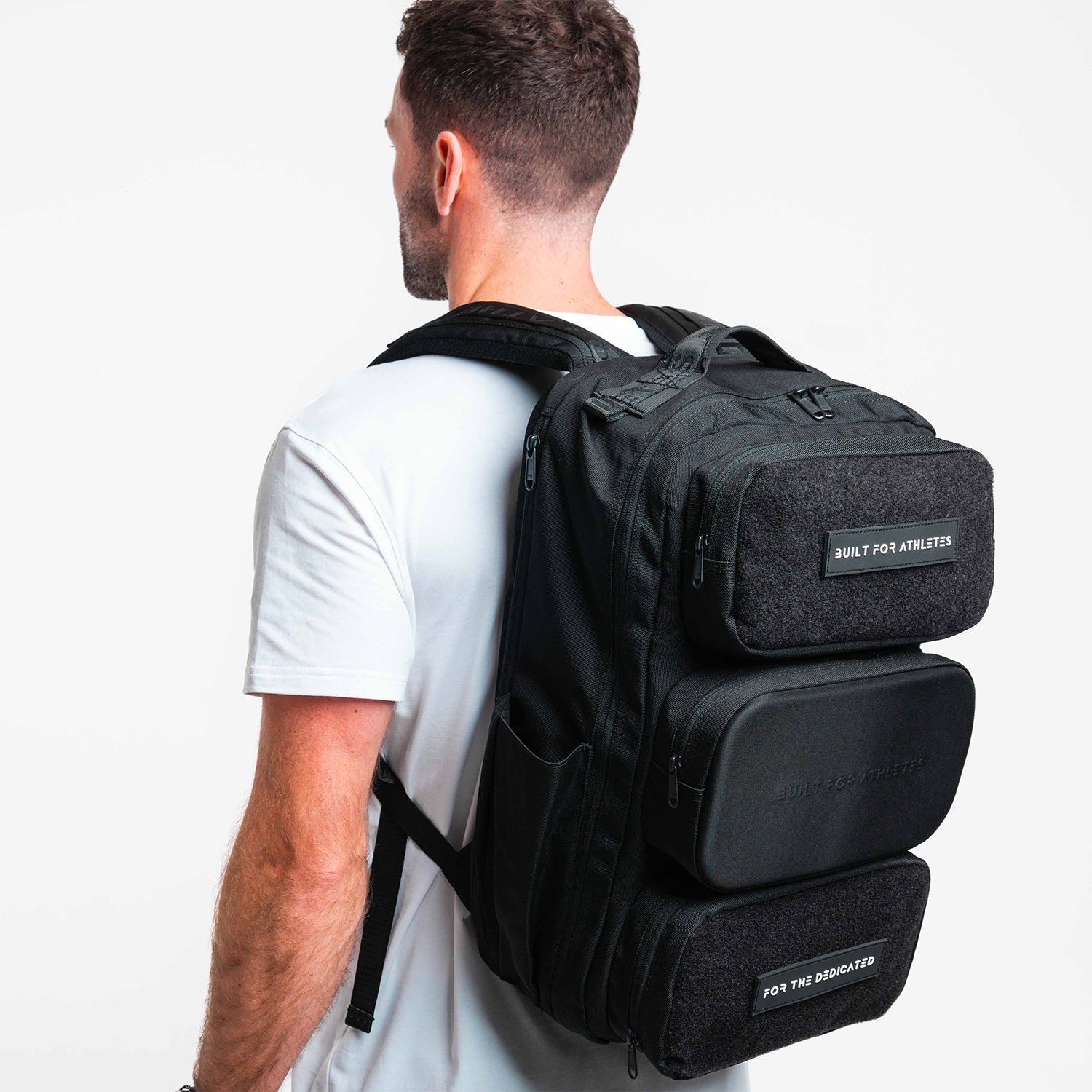
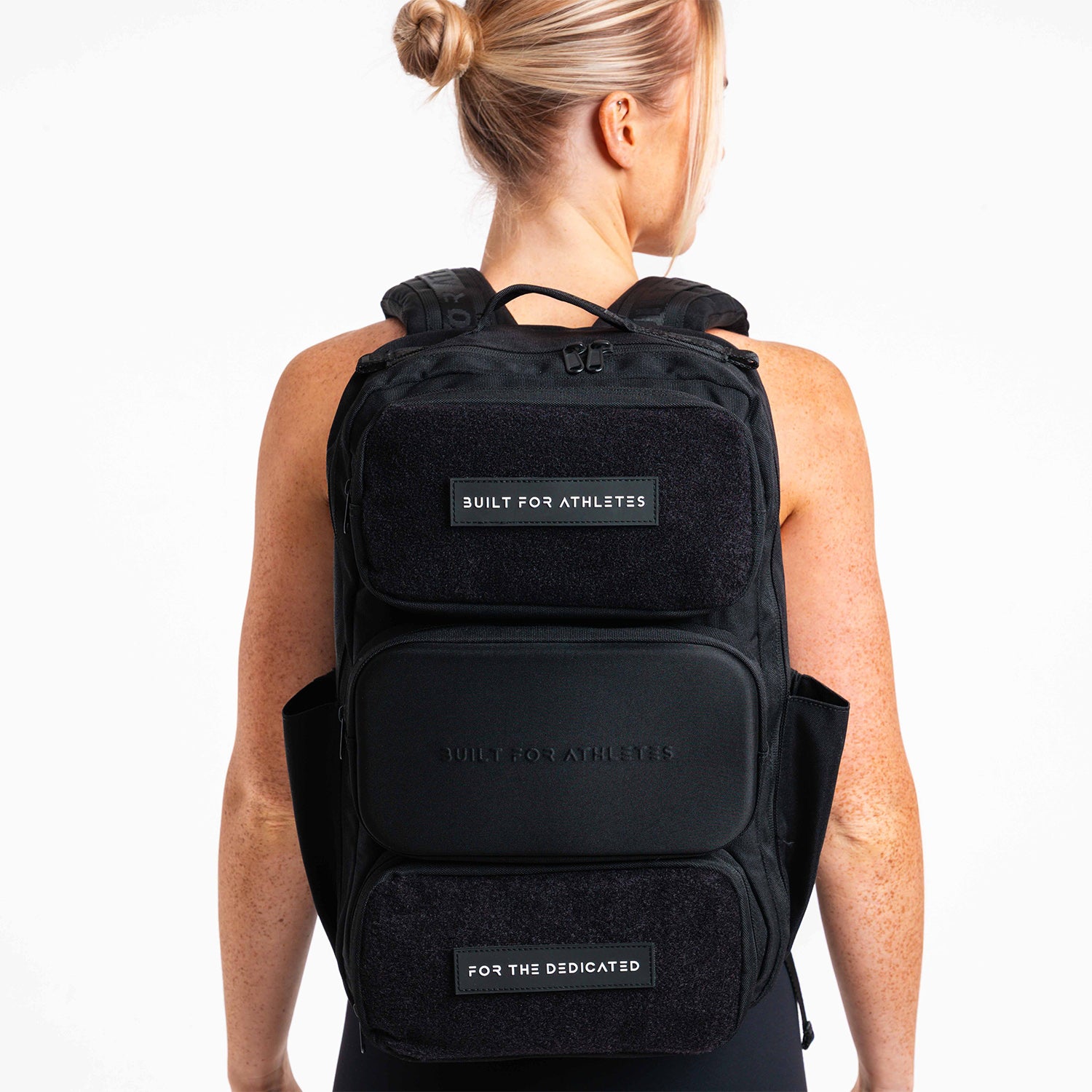
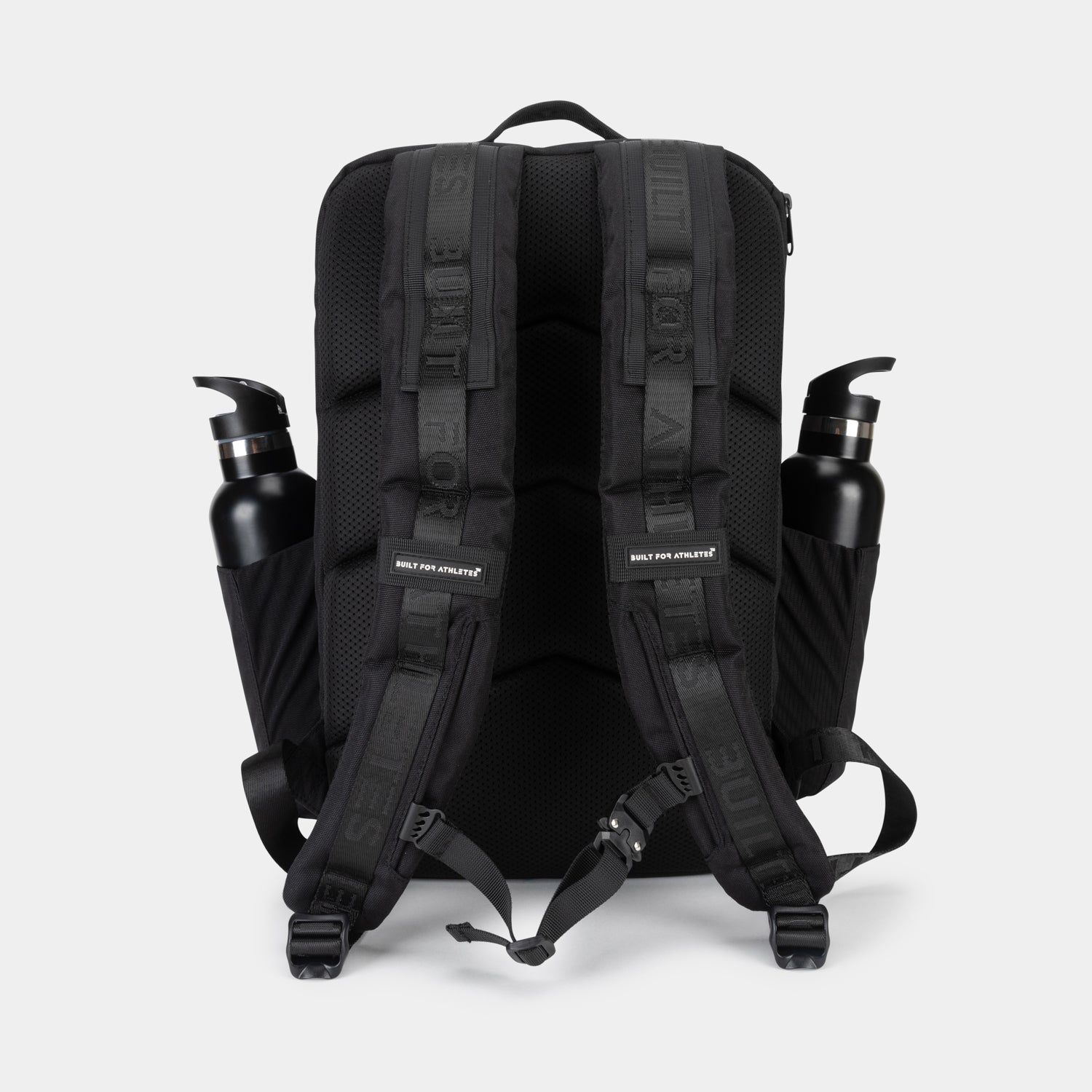

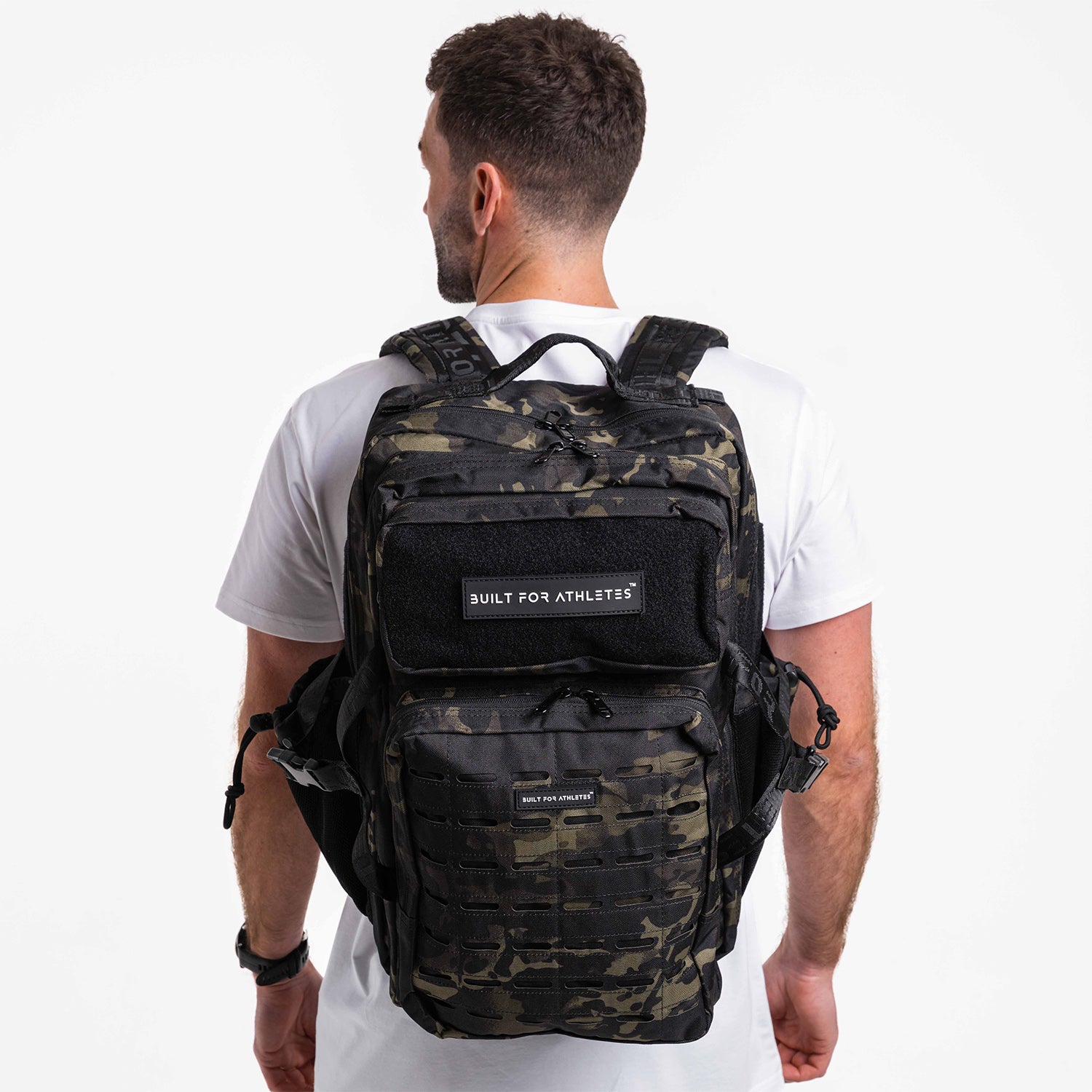
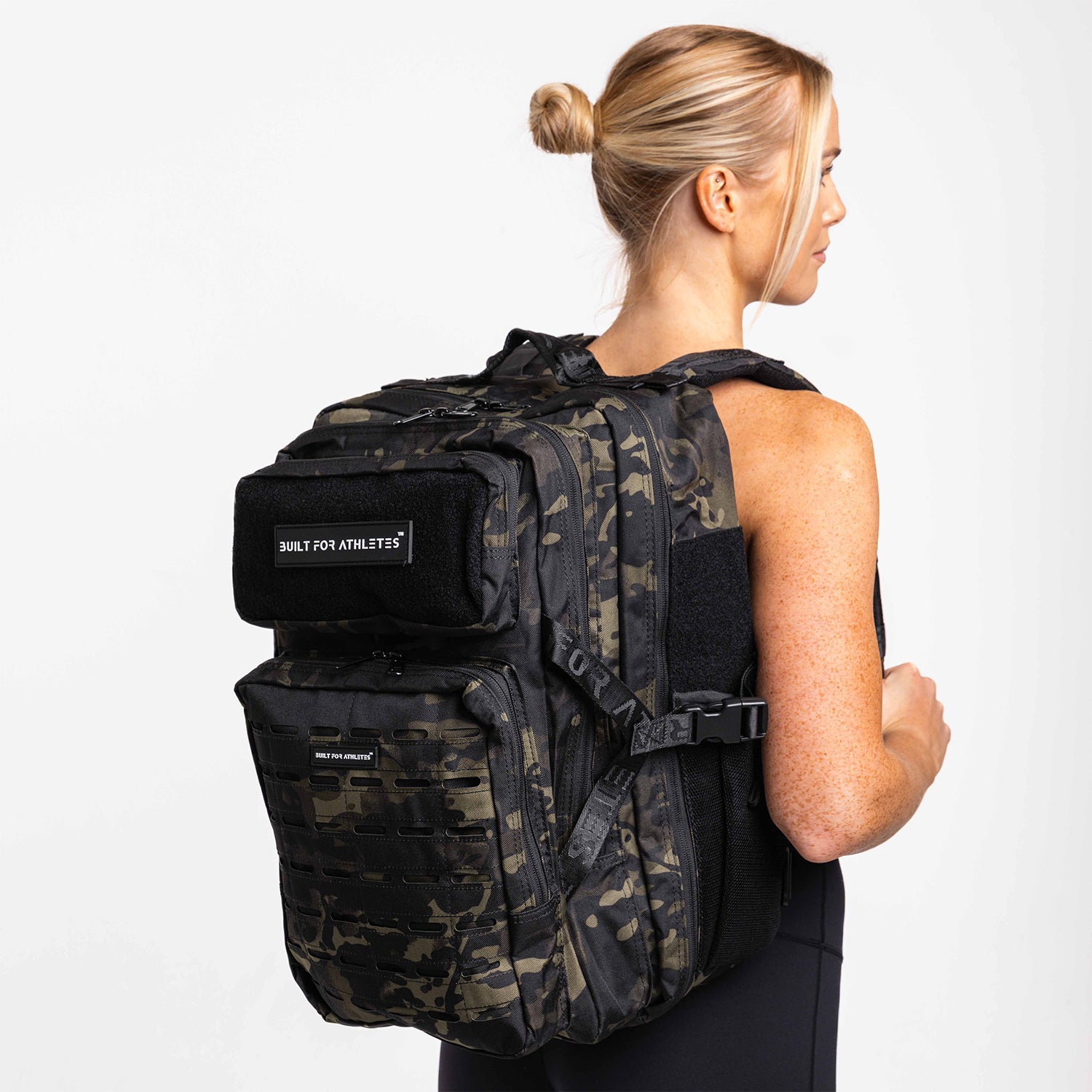
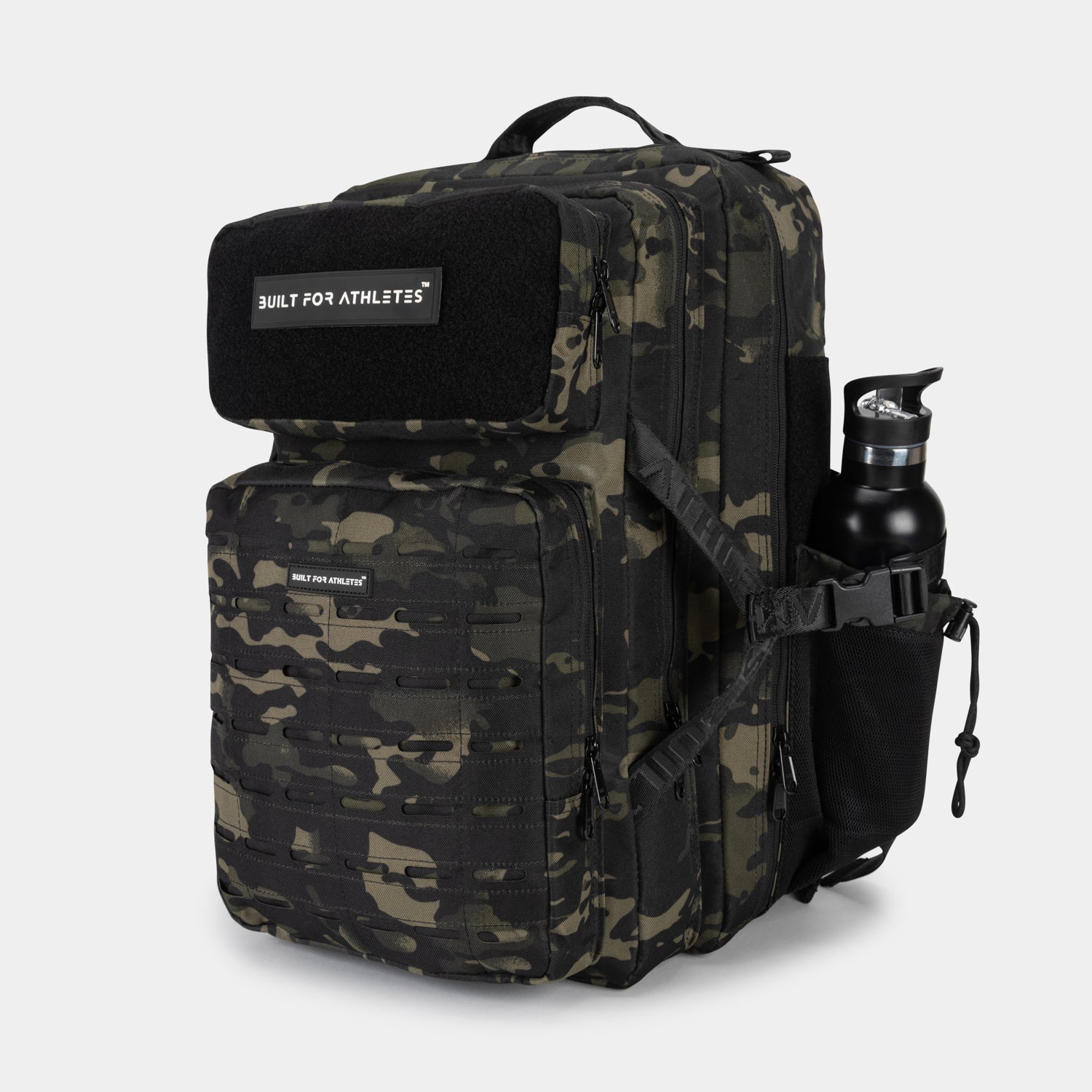
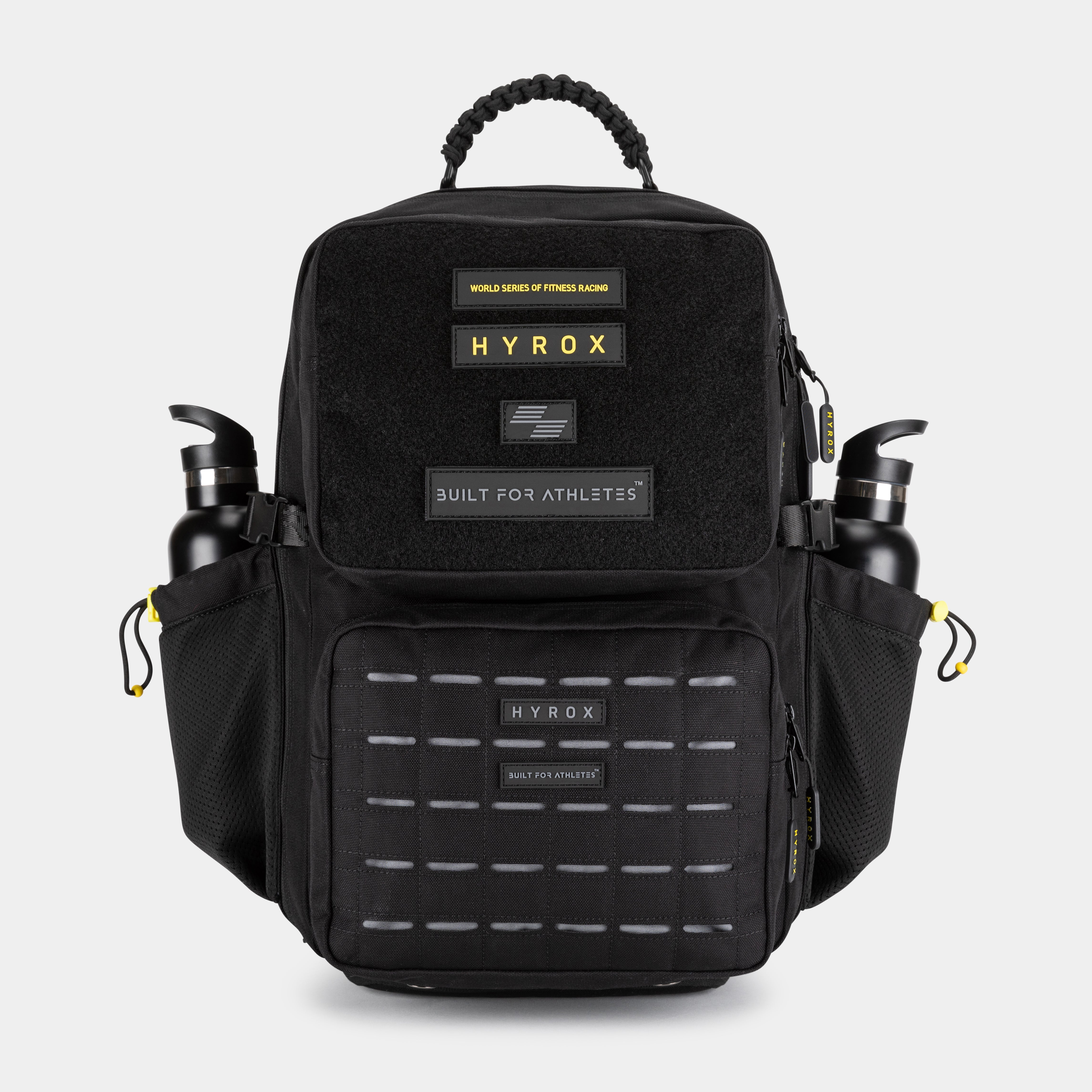
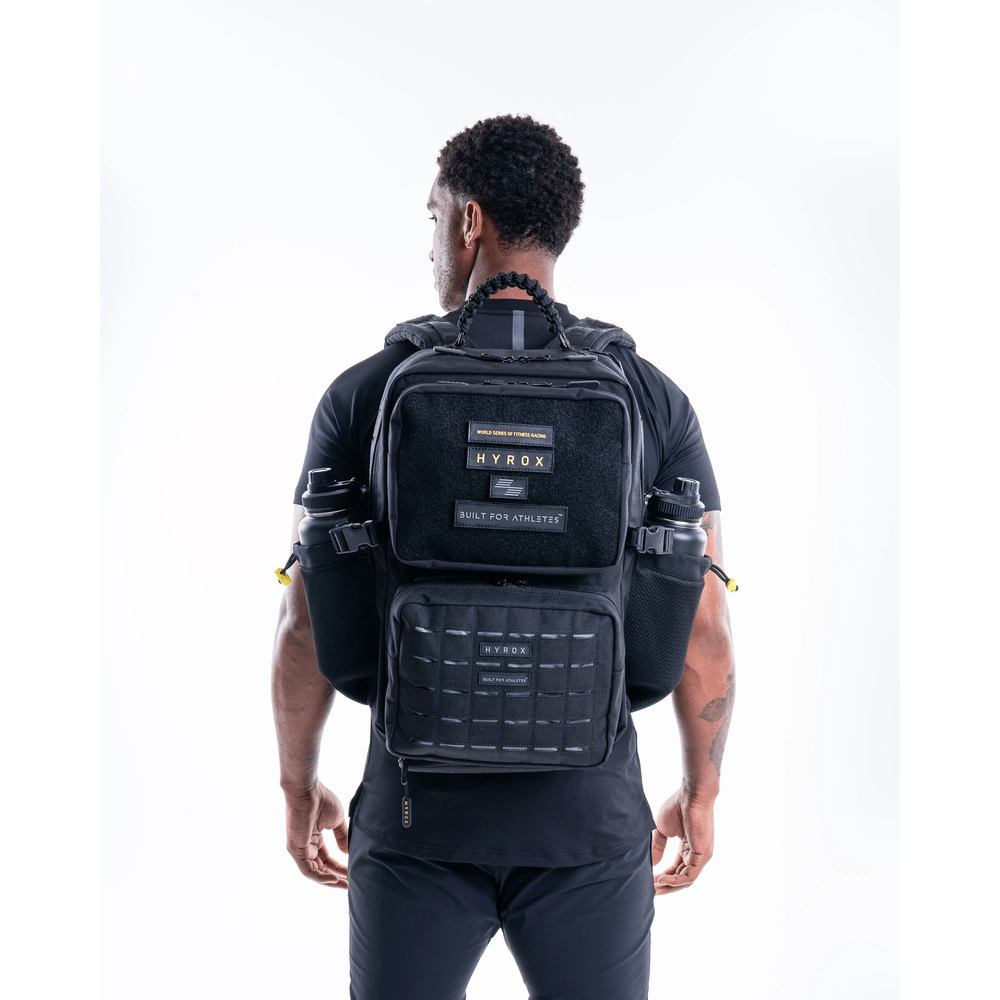
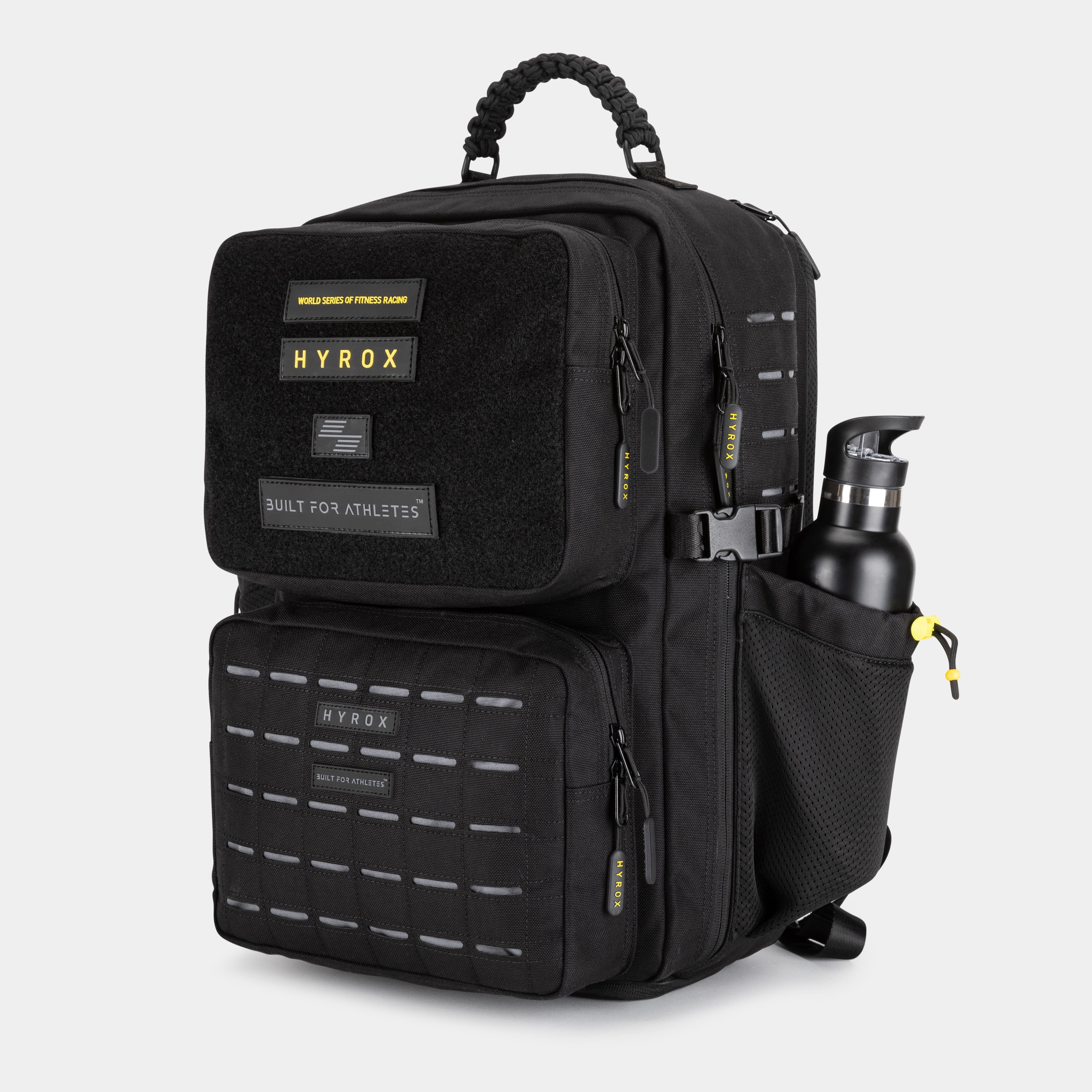
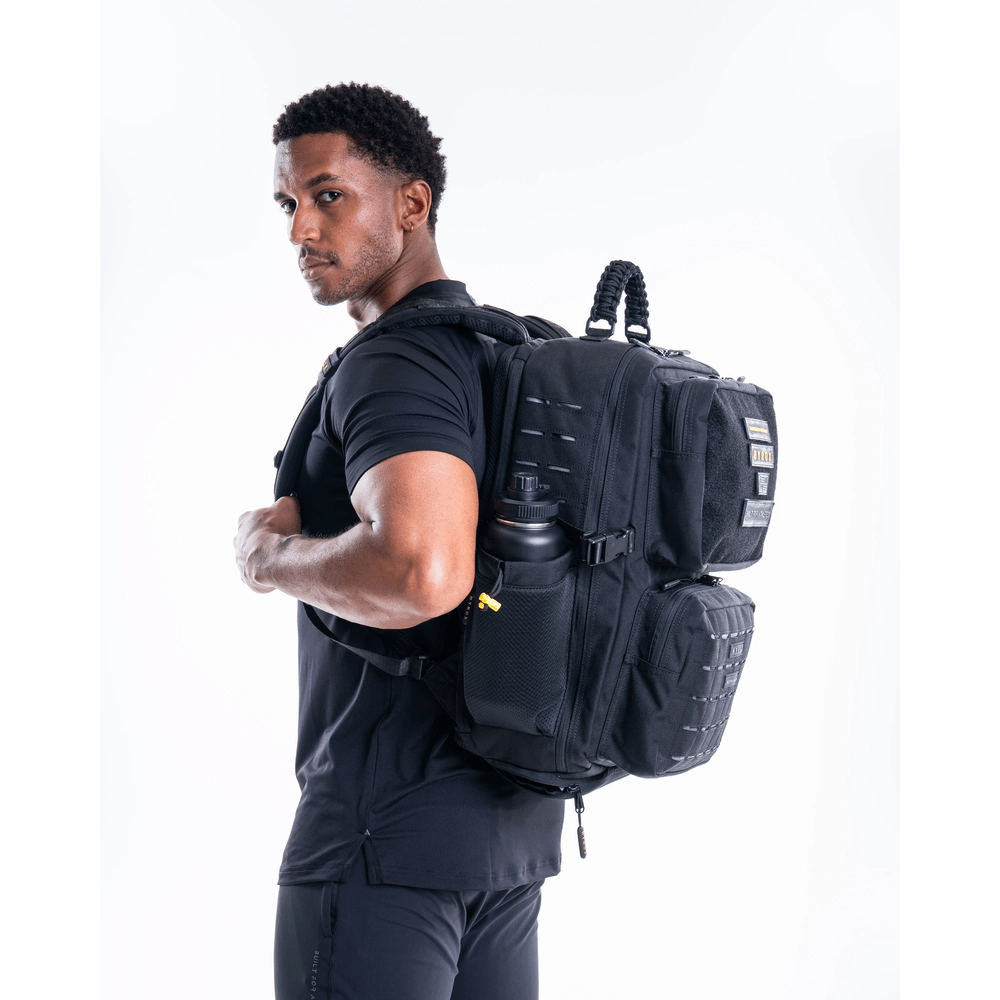
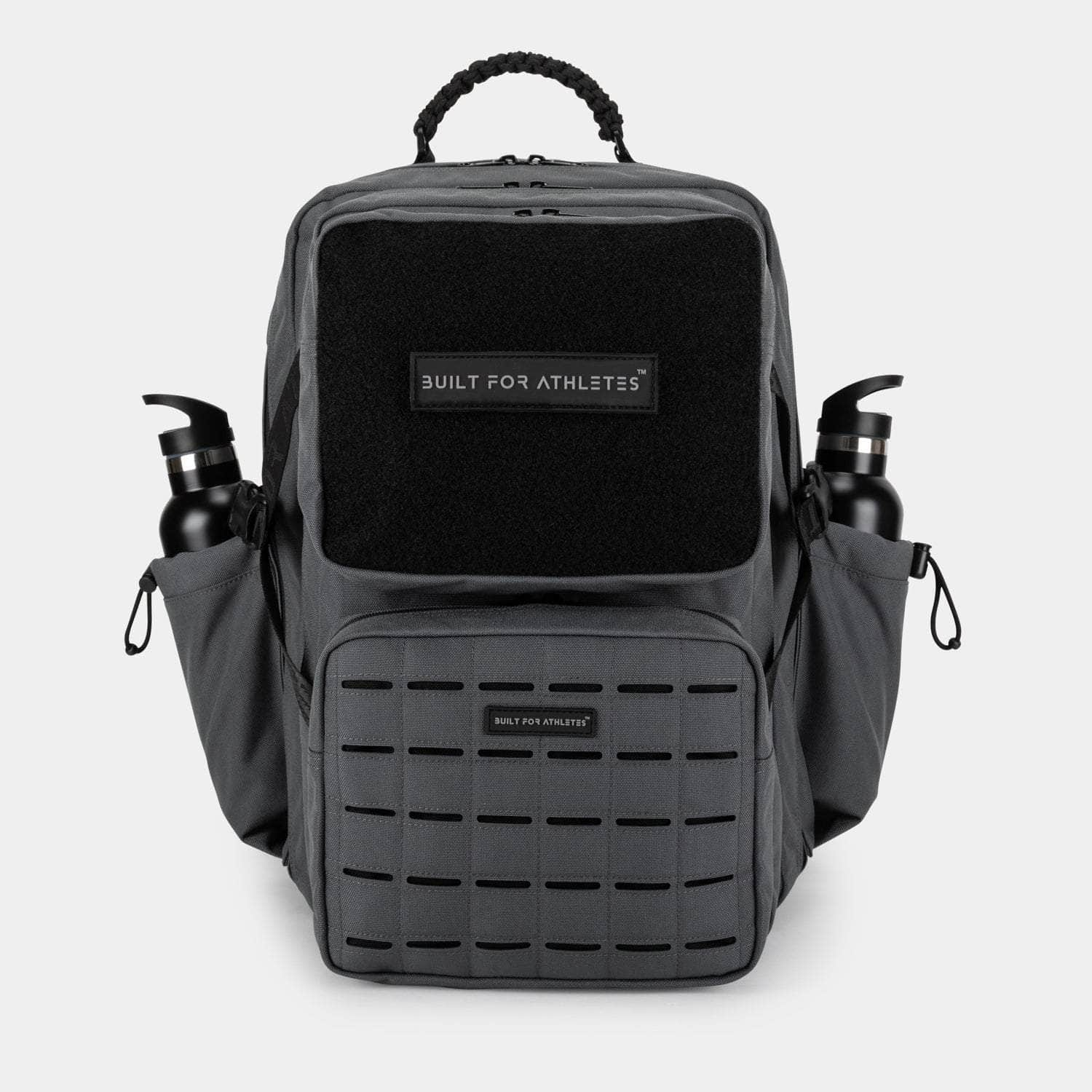

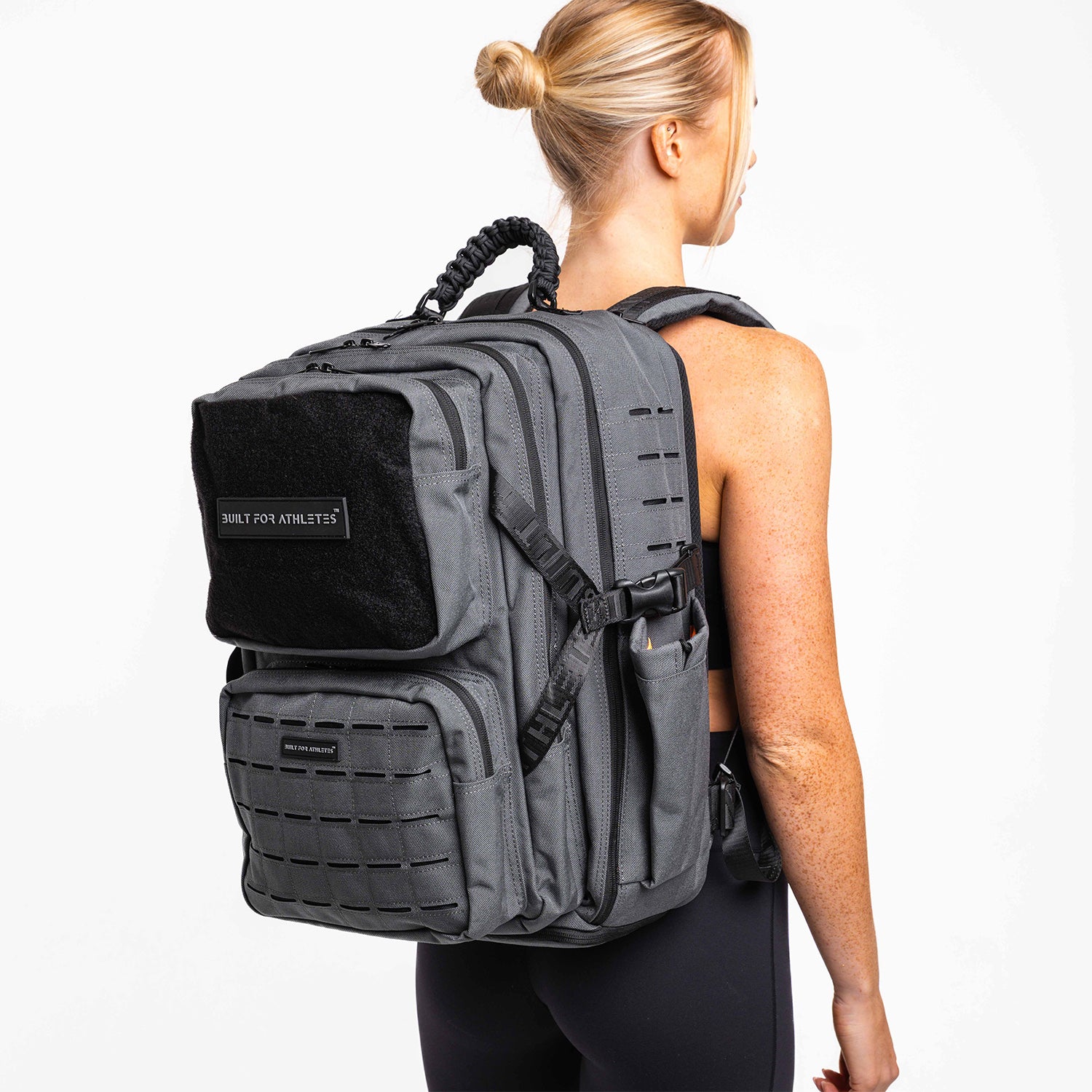
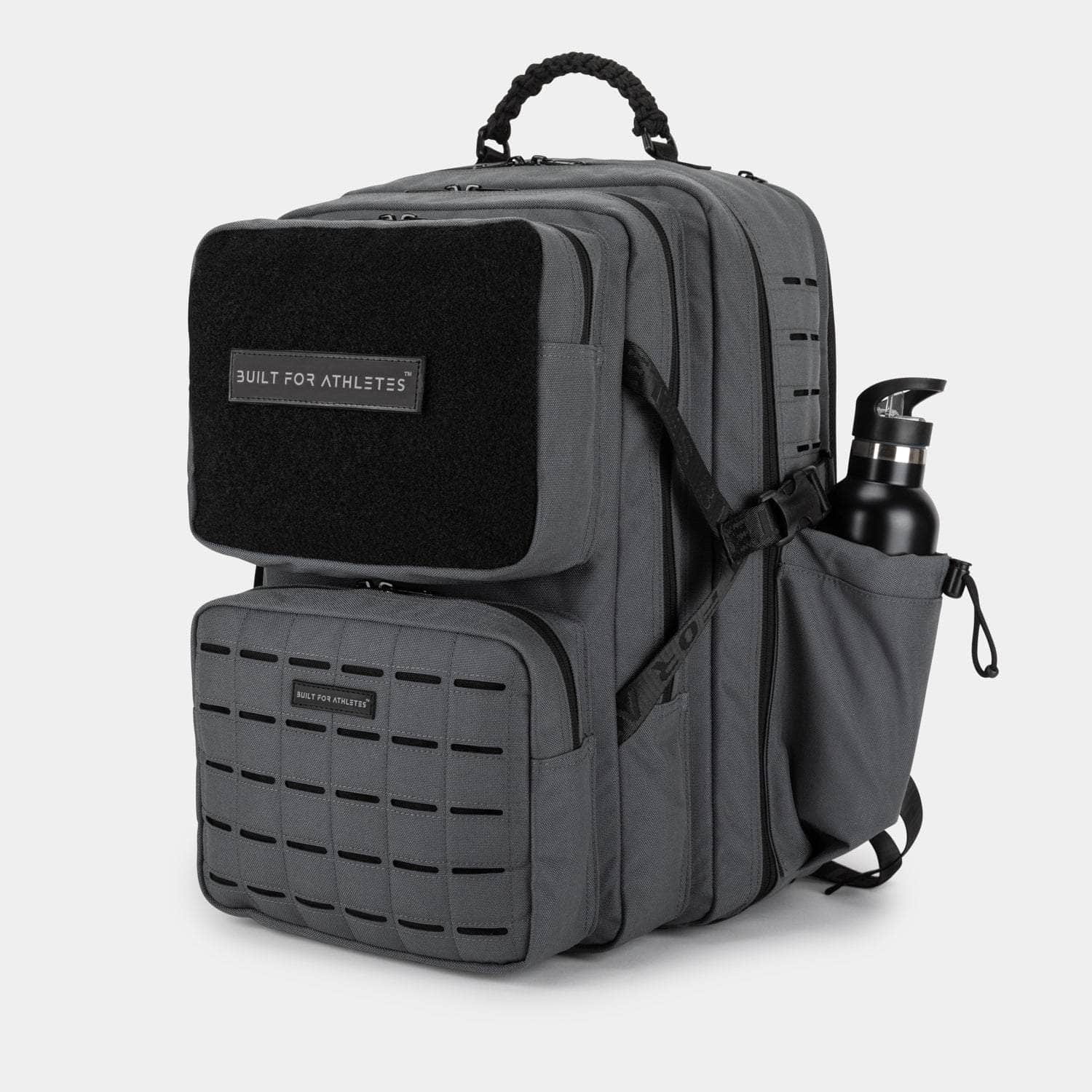
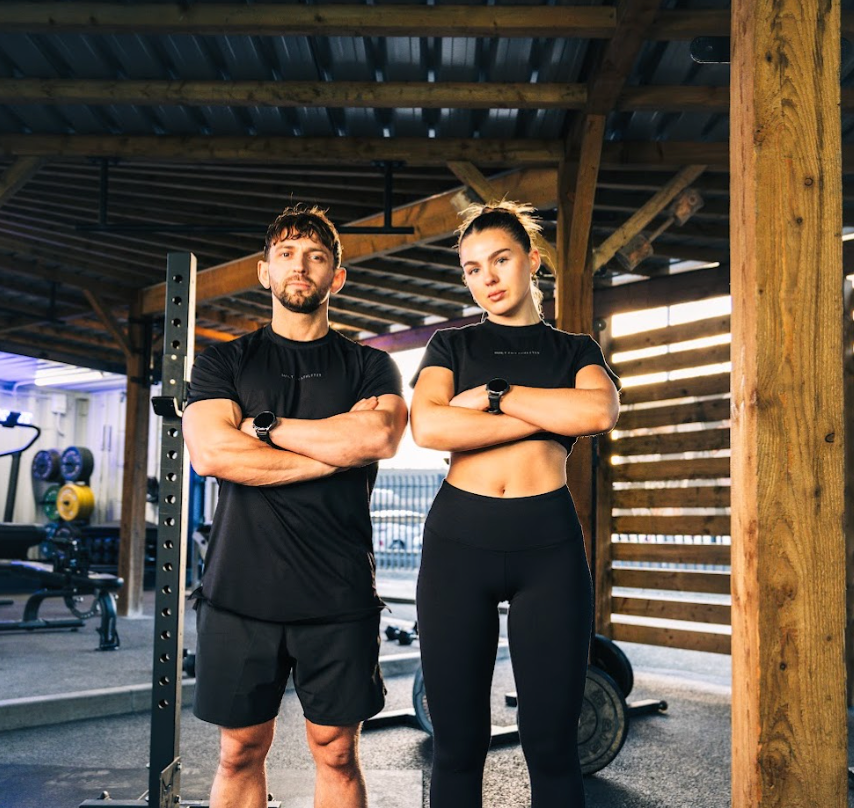
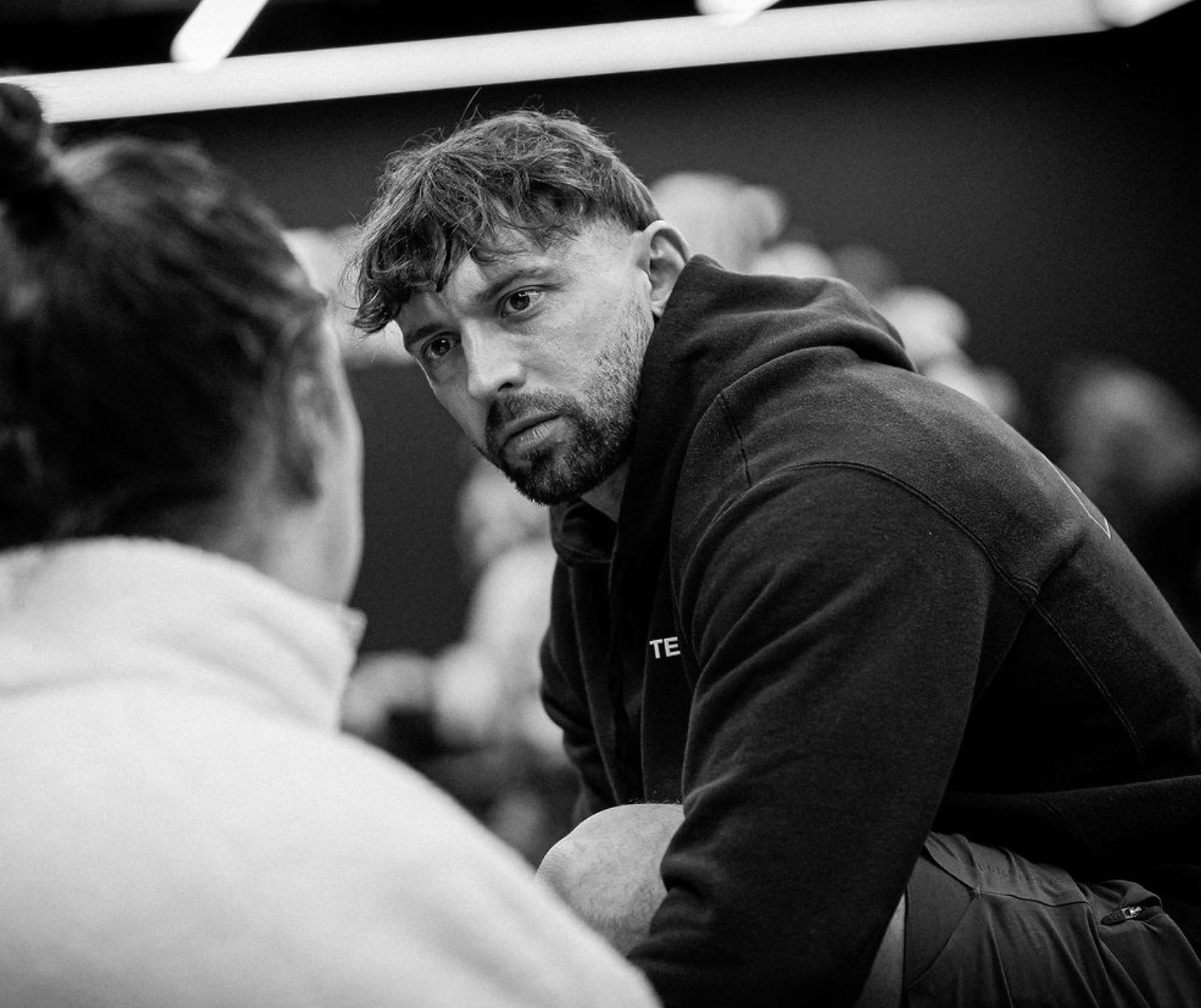
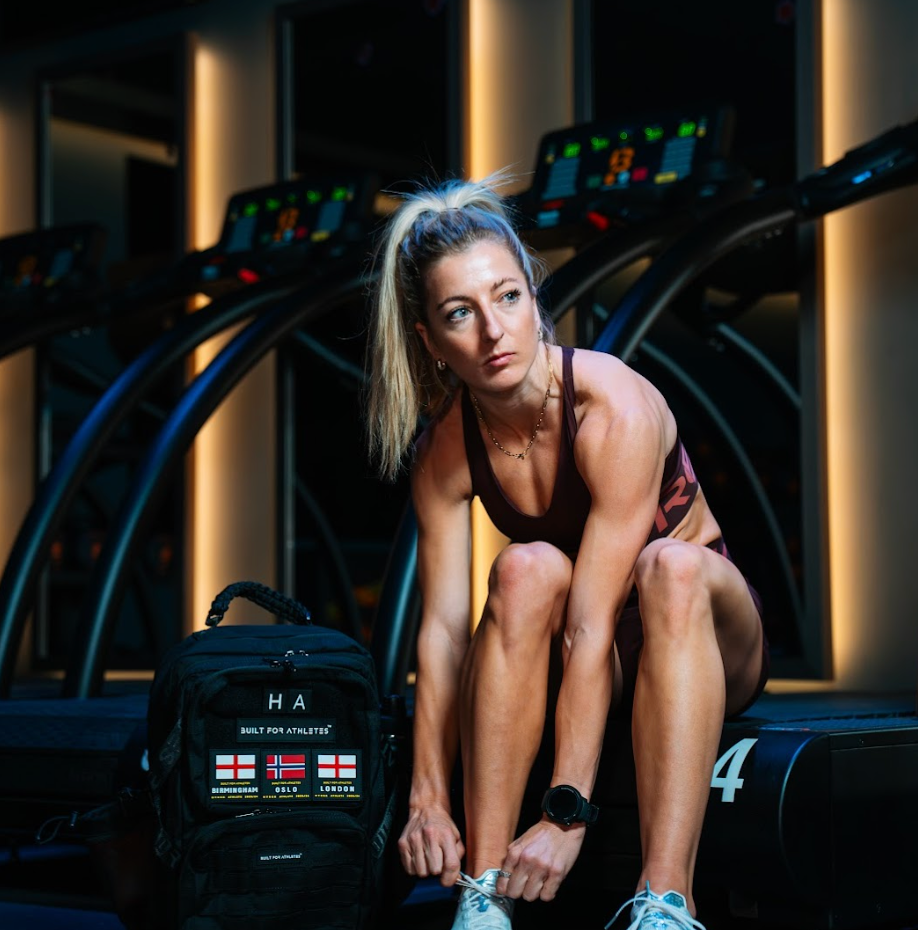
Share:
How Do UFC Fighters Train?
Beginners Guide to Functional Training - Workouts